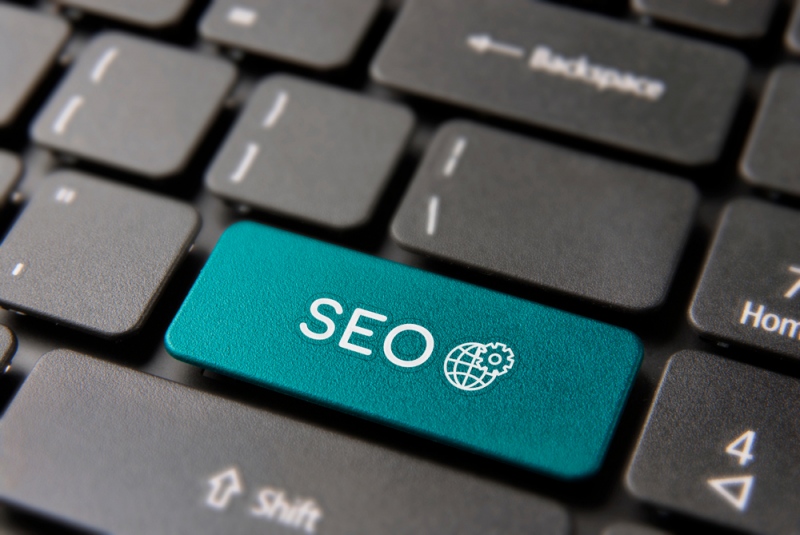
Search engine optimization (SEO) has become synonymous with marketing in the new digital age. Truth is, you’ll find multiple ways to use that little acronym, even if you have a local brick-and-mortar store. It’s not all about online all the time. People still like to touch and feel what they are buying, and while the mass population does a lot of its shopping online, bricks-and-mortar stores aren’t going anywhere for awhile. In fact, research shows that 72 percent of all millennial shoppers research their products online before purchasing in a store. And two-thirds of in-store shoppers will check prices on a device while shopping. This means online customers and in-person sales are intimately linked. Thus, your storefront brand can use local SEO as a major marketing tool.
Geographic keywords
First, it’s important to know the difference between regular SEO and local SEO. The latter should be using geographical keywords and designators to ensure that the client searching brings up the most relevant information by business. Keep in mind that this type of SEO lowers competition and will optimize for top locations within a given radius of that location. Meaning, if you are the only hardware store in town, than you better use the right keywords to ensure you are getting hits in that town.
Effectively take the time to do a keyword search as well to find your target audience. It is well-known that most online searches never get to the second page of results and submitting long-tail keywords in web content is a surefire way to push people to your site. Long-tail keywords are longer and more organized phrases used in web searches. For example: “SEO for brick and mortar stores.” Throws these sentences in web copy and blog posts to ensure that visitors see your business when asking the right questions.
The right address
You’ll need to decide what address will make it easy for consumers to find you. If you have a brick-and-mortar but work out of your home, are you going to use a home address? Probably not, but you should use an address that covers the geographic area that makes sense, or as close to the city center as possible. What about the address on your bank loan? Whichever address you do use, make sure that you take a hard look to build local credibility.
Multiple locations
Other ways to strengthen local SEO is through ensuring your business name and phone number are on every page of the site and include the zip code and names of the actual cities. That sounds like common sense, but ensuring that those small items are front and center drives new business. If you have multiple locations, each of your locations should have a separate page devoted to it that provides location-specific information that internet searchers look for.
Localized URL
Even as something as detailed as your URL name can make a difference with driving SEO to your site. Just add the city your location is in within the URL. For example: Change Yourcompany.com to Yourcompany.com/Cleveland-home. Use meta descriptions and tags that appear beneath the hyperlink on the page to include the city and state of your location.
With that said, obviously racking up positive local reviews on sites like Yelp play a significant part, as well. If you are indeed a brick-and-mortar store or small chain without extensive ecommerce, you still need to utilize local SEO.



